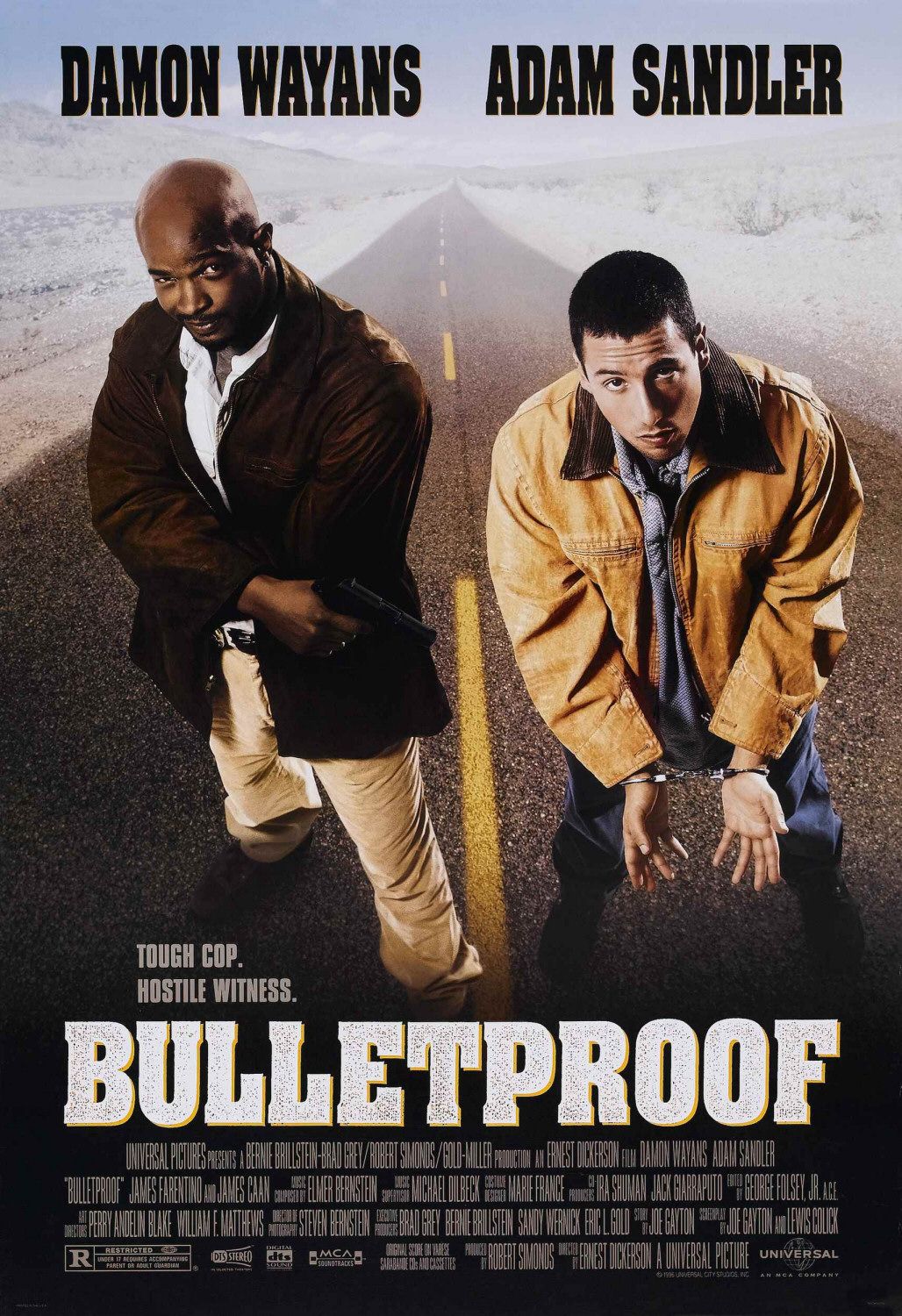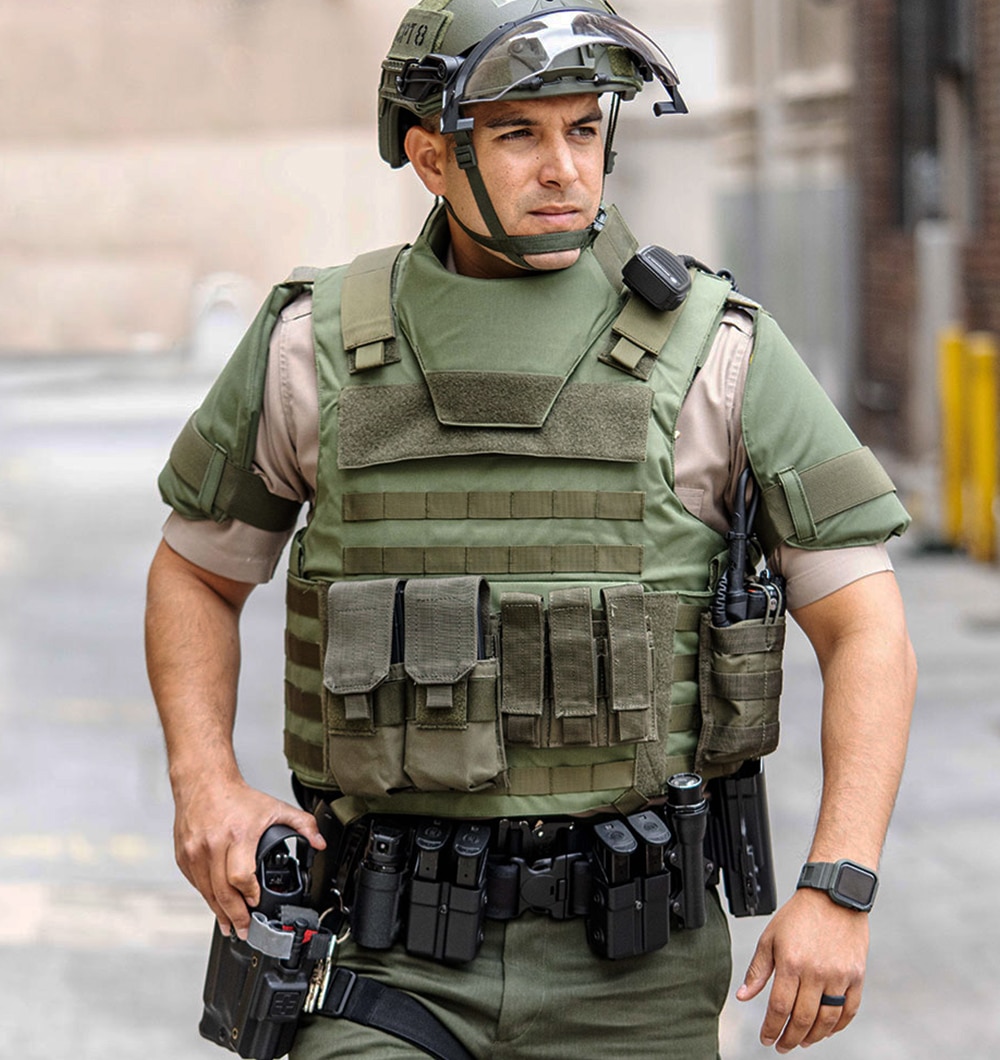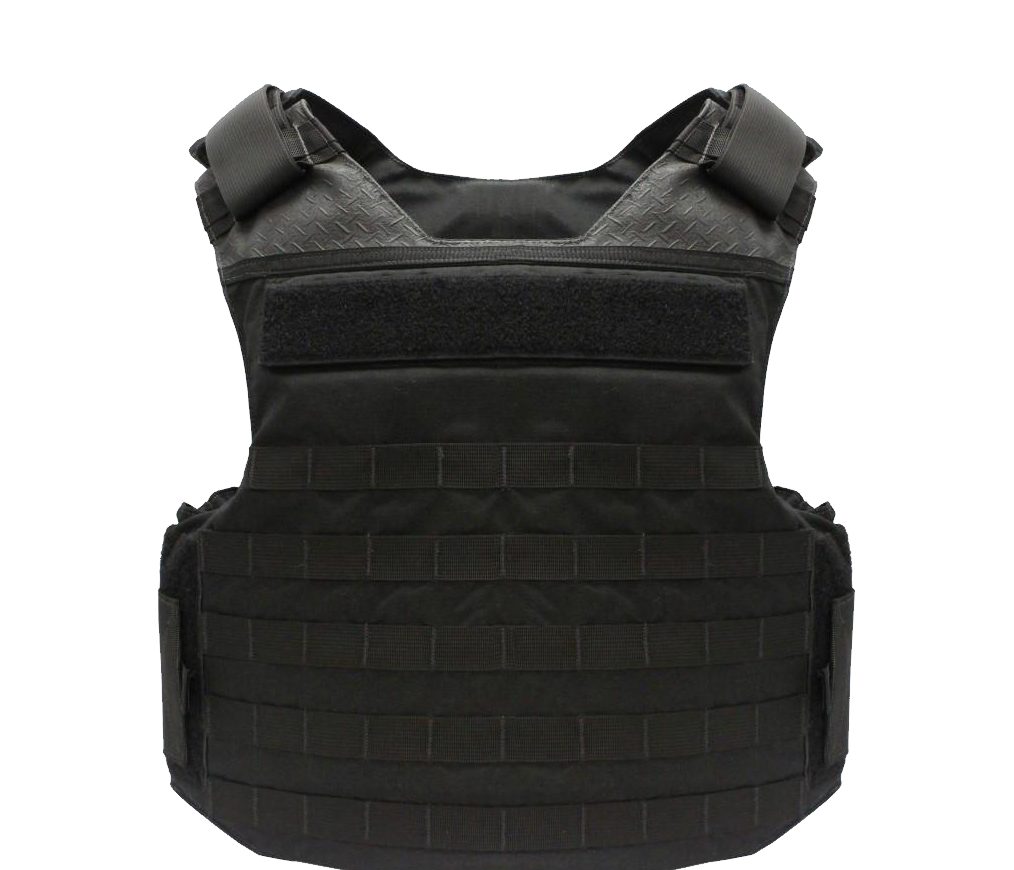Bulletproof Trucks For Sale: Your Comprehensive Guide to Armored Vehicle Acquisition pickup.truckstrend.com
In an unpredictable world, personal safety and asset protection have become paramount concerns for individuals, corporations, and government agencies alike. While traditional security measures offer a degree of protection, for those operating in high-risk environments or dealing with valuable assets, a standard vehicle simply isn’t enough. This growing need has fueled the market for specialized security solutions, with bulletproof trucks for sale emerging as a cornerstone of advanced personal and commercial protection.
But what exactly defines a "bulletproof truck"? More accurately termed "armored vehicles," these are standard production trucks, SUVs, or vans that have undergone extensive modifications, incorporating ballistic materials, reinforced structures, and defensive systems to withstand various forms of attack, from small arms fire to explosives. Far from being a luxury, for many, these vehicles are a necessity, offering peace of mind and a vital layer of defense against an ever-evolving spectrum of threats. This comprehensive guide will delve into every aspect of acquiring an armored truck, from understanding ballistic protection levels to navigating the purchasing process.
Bulletproof Trucks For Sale: Your Comprehensive Guide to Armored Vehicle Acquisition
Understanding Ballistic Protection Levels: What Does "Bulletproof" Really Mean?
The term "bulletproof" is often used broadly, but in the world of armored vehicles, protection is precisely measured and certified. Various international standards dictate the level of ballistic resistance a vehicle offers, ensuring it can withstand specific threats. Understanding these levels is crucial for making an informed purchase that matches your threat assessment.
The most common standards include:
- CEN (European Committee for Standardization) EN 1063: Widely recognized globally, this standard categorizes protection from BR1 (handgun, low velocity) up to BR7 (high-power rifle, armor-piercing rounds) for transparent materials, and B1 to B7 for opaque materials.
- B4/BR4: Protection against handguns like .44 Magnum, .357 Magnum, and 9mm. Suitable for low-to-medium risk environments.
- B6/BR6: Offers protection against high-power rifles such as 7.62x51mm NATO (M80 ball), 5.56x45mm (M193/SS109), and 7.62x39mm (AK-47). This is the most common and popular level for civilian armored vehicles, providing robust protection against most common assault rifle threats.
- B7/BR7: The highest level of protection, designed to withstand armor-piercing rounds from high-power rifles. Often used for government, military, or extreme high-risk applications.

- NIJ (National Institute of Justice) Standard 0108.01: An American standard primarily for body armor, but also applied to vehicle armoring. Levels range from IIA to IV, with Level III and IV typically relevant for vehicles.
- VPAM (Vereinigung der Prüfstellen für Angriffshemmende Materialien und Konstruktionen): A German standard that provides detailed testing protocols and classifications.

When considering bulletproof trucks for sale, always verify the specific ballistic certification and ensure it aligns with the anticipated threats in your operational environment. Over-specifying can lead to unnecessary cost and weight, while under-specifying can compromise safety.
Key Features That Define an Armored Truck
Beyond ballistic steel and glass, a truly effective armored vehicle incorporates a suite of integrated features designed to enhance survivability and provide tactical advantages. These modifications transform a standard truck into a mobile fortress:

- Armor Plating: Multi-layered high-hardened ballistic steel, composites (e.g., aramid fibers, ceramics), and specialized alloys are strategically installed within the body panels, doors, roof, pillars, and firewall.
- Ballistic Glass: Multi-layered laminates of glass and polycarbonate are used for all windows, offering clear visibility while being impenetrable to the specified ballistic threats. These are significantly thicker and heavier than standard glass.
- Reinforced Suspension and Braking Systems: Due to the substantial added weight (often hundreds to thousands of pounds), the vehicle’s suspension, shocks, springs, and braking components must be heavily upgraded to maintain performance, handling, and safety.
- Run-Flat Tire Inserts: These devices, installed inside the tires, allow the vehicle to continue driving for a significant distance (e.g., 50 miles at 30 mph) even after the tires have been punctured, ensuring escape from a hostile situation.
- Armored Fuel Tank, Battery, and ECU: Critical components are protected with ballistic materials to prevent disabling shots.
- Heavy-Duty Door Hinges and Supports: To accommodate the weight of armored doors, hinges are reinforced and often custom-fabricated.
- Intercom System: Allows communication with individuals outside the vehicle without opening windows or doors.
- Siren/PA System: For emergency signaling or issuing commands.
- Emergency Escape Hatch (Optional): Provides an alternative exit point, typically in the roof.
- Fire Suppression System (Optional): Automatic systems for the engine compartment or fuel tank.
- Ram Bumpers/Grille Guards (Optional): For clearing obstacles or defensive maneuvering.
Who Needs a Bulletproof Truck? Benefits and Target Audiences
The demand for bulletproof trucks spans a wide spectrum of users, each seeking enhanced security for specific reasons. The benefits are clear: unparalleled personal safety, asset protection, and crucial peace of mind.
- High-Net-Worth Individuals & Celebrities: For public figures facing potential kidnapping, assassination, or targeted attacks, armored vehicles offer a vital layer of protection for themselves and their families.
- Corporate Executives & Diplomatic Staff: Business leaders traveling in unstable regions or diplomats operating in high-threat environments rely on armored transport to mitigate risks.
- Security Companies & Cash-in-Transit (CIT) Operations: For the secure transport of cash, valuables, or high-profile clients, armored vans and trucks are indispensable.
- Law Enforcement, Military & Government Agencies: Tactical units, patrol operations in dangerous areas, and official motorcades frequently utilize armored vehicles for personnel protection and rapid response.
- Individuals in High-Crime or Conflict Zones: For residents or workers in areas plagued by crime, civil unrest, or active conflict, an armored truck can be a lifeline for daily commuting and emergency evacuation.
Types of Bulletproof Trucks Available
The market for bulletproof trucks is diverse, with armoring solutions applied to a wide range of base vehicles to meet various needs and budgets.
- Armored SUVs: The most popular choice for private and executive protection due to their discreet appearance, versatility, and comfortable interiors. Common base models include Toyota Land Cruiser, Lexus LX, Chevrolet Suburban/Tahoe, Cadillac Escalade, Mercedes-Benz G-Wagen, and Range Rover.
- Armored Pickups: Ideal for utility, off-road capability, and transporting equipment while maintaining protection. Popular choices include Ford F-150/F-250/F-350, Ram 1500/2500, and Chevrolet Silverado.
- Armored Vans: Primarily used for personnel transport (e.g., VIP shuttles, security teams) or cash-in-transit operations. Mercedes-Benz Sprinter, Ford Transit, and Chevrolet Express are frequently armored.
- Armored Light-Duty Trucks: For specialized cargo, logistics, or tactical applications where a larger payload is required.
- New vs. Used Armored Vehicles: Buyers can opt for brand-new armored vehicles directly from a manufacturer or specialized upfitter, or consider used armored vehicles which can offer significant cost savings, though thorough inspection is crucial.
- Full vs. Partial Armoring: While most seek full ballistic protection (360-degree, roof, floor), some choose partial armoring for specific areas, though this compromises overall safety.
The Acquisition Process: How to Acquire a Bulletproof Truck
Purchasing an armored vehicle is a significant investment that requires careful planning and due diligence. Here’s a step-by-step guide:
-
Define Your Needs and Threat Assessment:
- What are the specific threats you anticipate (handguns, rifles, explosives)?
- What level of protection (B4, B6, B7) is appropriate?
- What is the primary use of the vehicle (daily commute, executive transport, cash delivery)?
- How many passengers will it carry?
- What is your budget range?
-
Research Reputable Manufacturers/Upfitters:
- Look for companies with a proven track record, industry certifications (e.g., ISO 9001), and positive client testimonials.
- Inquire about their engineering capabilities, ballistic testing procedures, and warranty.
- Leading names include Armormax, Inkas Armored Vehicle Manufacturing, Alpine Armoring, SVI Engineering, and The Armored Group.
-
Understand Certification and Testing:
- Ensure the armorer’s vehicles are independently tested and certified to international ballistic standards (CEN, NIJ). Request proof of certification.
- Some companies offer live-fire demonstrations.
-
New vs. Used Considerations:
- New: Custom-built to your specifications, full warranty, latest technology. Higher cost, longer lead time.
- Used: Potentially significant cost savings. Requires thorough inspection by an independent expert, verification of armoring quality, and assessment of maintenance history. Be wary of uncertified or poorly armored vehicles.
-
Customization and Features:
- Discuss desired features beyond basic armoring (e.g., smoke screen, blinding lights, electric door handles, oxygen supply, intercoms, secure communications).
- Consider covert vs. overt armoring – do you want the vehicle to look like a regular truck or visibly armored?
-
Budgeting:
- Initial Cost: The purchase price varies wildly based on the base vehicle, armor level, and customization. (See price table below).
- Maintenance: Armored vehicles require specialized maintenance due to increased weight and complex systems. Expect higher wear and tear on brakes, suspension, and tires.
- Insurance: Insuring an armored vehicle can be more complex and costly.
-
Legal Considerations:
- Research local laws regarding armored vehicle ownership, registration, and operation in your country or state. Some regions may have restrictions or require special permits.
- Be aware of import/export regulations if purchasing internationally.
-
Inspection and Due Diligence:
- For new builds, regular progress updates and final inspection are key.
- For used vehicles, a pre-purchase inspection by an expert in armored vehicles is non-negotiable. Check for signs of previous damage, quality of armoring welds, and integrity of ballistic glass.
Important Considerations and Potential Challenges
While offering unparalleled security, owning a bulletproof truck comes with unique considerations:
- Weight Impact: The added weight significantly affects vehicle performance (acceleration, braking), fuel economy, and handling. This necessitates specialized driver training.
- Maintenance & Wear and Tear: Due to the increased load, components like brakes, suspension, tires, and even the engine and transmission can experience accelerated wear. Regular, specialized maintenance is crucial and often more expensive.
- Cost: The initial investment is substantial, and ongoing operational costs are higher than a standard vehicle.
- Discretion vs. Deterrence: Decide if you want a vehicle that blends in (covert armoring) or one that acts as a visible deterrent (overt armoring).
- Driver Training: Operating an armored vehicle requires different driving techniques due to its weight and altered center of gravity. Defensive and evasive driving courses are highly recommended.
- Resale Value: The market for used armored vehicles is niche. While they retain value for specific buyers, finding a purchaser might take longer.
- Legal Landscape: Laws vary. Ensure you are fully compliant with all regulations governing armored vehicle ownership and use in your jurisdiction.
Bulletproof Trucks For Sale: Estimated Price Guide
Providing exact prices for bulletproof trucks is challenging as they depend heavily on the base vehicle, armor level, customization, and whether they are new or used. However, here’s an estimated price range to give you an idea of the investment required. These figures are for general guidance only and can fluctuate significantly.
| Vehicle Type/Base Model (Example) | Armor Level (CEN) | Estimated New Price Range (USD) | Estimated Used Price Range (USD) | Key Features/Notes |
|---|---|---|---|---|
| Armored SUV (Mid-Range) | B6 | $200,000 – $400,000 | $80,000 – $250,000 | Toyota Land Cruiser 200/300, Lexus LX, Chevrolet Suburban. Most popular choice for discreet personal security. |
| Armored SUV (High-End) | B6/B7 | $450,000 – $1,000,000+ | $200,000 – $600,000 | Cadillac Escalade, Mercedes-Benz G-Wagen, Range Rover. Luxury armoring, advanced features. |
| Armored Pickup Truck | B6 | $180,000 – $350,000 | $70,000 – $200,000 | Ford F-150/F-250, Ram 1500/2500. Combines utility with robust protection. |
| Armored Van | B4/B6 | $150,000 – $300,000 | $60,000 – $180,000 | Mercedes-Benz Sprinter, Ford Transit. Ideal for personnel transport, cash-in-transit, or mobile command centers. |
| Custom Armored Sedan | B4/B6 | $150,000 – $350,000 | $50,000 – $150,000 | BMW 7-Series, Mercedes-Benz S-Class (factory armored often higher). Lower profile, executive transport. |
| Specialized/High-Security | B7+ (VR7/VR9) | $800,000 – $1,500,000+ | N/A (Rarely sold used) | Custom-built for head-of-state or extreme threats. May include blast protection, CBRN filtration, more advanced systems. |
Note: The "New Price Range" includes the cost of the base vehicle plus the armoring package. "Used Price Range" is highly variable based on mileage, condition, age of armoring, and original quality.
Frequently Asked Questions (FAQ) About Bulletproof Trucks
Q1: How much does a bulletproof truck cost?
A1: The price varies significantly, typically ranging from $150,000 for a basic armored van to over $1,000,000 for a high-end, fully customized armored SUV. Factors include the base vehicle, armor level (B4, B6, B7), features, and whether it’s new or used. Refer to the price table above for estimates.
Q2: Are bulletproof trucks legal for civilians to own?
A2: In most countries, including the United States, it is legal for civilians to own and operate armored vehicles. However, regulations can vary by state or local jurisdiction, particularly regarding certain features (e.g., sirens, flashing lights, specific weapons systems). Always check your local laws.
Q3: Do bulletproof trucks offer protection against IEDs (Improvised Explosive Devices)?
A3: Standard ballistic armoring primarily protects against direct projectile impacts. For IED protection, specialized underbody and roof blast mitigation armoring, often to STANAG or specific blast standards, is required. This is a higher level of protection than standard B6/B7 and adds significant cost and weight.
Q4: How heavy are bulletproof trucks, and how does it affect performance?
A4: Armoring adds substantial weight, often hundreds to thousands of pounds (e.g., a B6 armored SUV can add 1,500-3,000 lbs). This increased weight impacts acceleration, braking distance, fuel economy, and handling. Specialized suspension, brakes, and sometimes engine tuning are necessary to compensate.
Q5: What is the lifespan of an armored vehicle, and how often does it need maintenance?
A5: The base vehicle’s lifespan is similar to a standard truck, but the added weight and modifications mean components like brakes, suspension, and tires will wear out faster. Specialized, more frequent maintenance (e.g., every 5,000 miles or annually) is recommended to ensure all systems are functioning optimally and the armoring remains intact.
Q6: Can any truck be bulletproofed?
A6: While technically possible to armor many vehicles, some trucks are better suited than others due to their robust chassis, powerful engines, and ample space for modifications. Larger, heavy-duty trucks and SUVs are typically preferred as base vehicles for effective armoring.
Q7: Does armoring affect the vehicle’s original warranty?
A7: Yes, armoring modifications almost always void the original manufacturer’s warranty for affected components (e.g., suspension, brakes, engine if tuned). Reputable armored vehicle manufacturers typically offer their own warranty on the armoring components and often on the modified vehicle systems.
Q8: How long does it take to armor a truck?
A8: The process can take anywhere from 8-12 weeks for a standard B6 armoring package to several months for highly customized or specialized armored vehicles. This timeline includes sourcing the base vehicle, engineering, fabrication, installation, and testing.
Conclusion: Investing in Security and Peace of Mind
The decision to purchase a bulletproof truck is a significant one, driven by the critical need for enhanced security in an increasingly complex world. These aren’t just vehicles; they are sophisticated mobile fortresses designed to protect lives and assets, offering an unparalleled level of safety and peace of mind for those facing elevated risks.
As you explore bulletproof trucks for sale, remember that informed decision-making is paramount. Prioritize understanding your specific threat assessment, researching reputable manufacturers, verifying ballistic certifications, and considering the long-term implications of ownership, including specialized maintenance and potential driver training. While the investment is substantial, the protection and confidence an armored vehicle provides can truly be invaluable. For many, it’s not just about getting from point A to point B; it’s about ensuring a safe arrival, no matter what threats lie on the road ahead.



